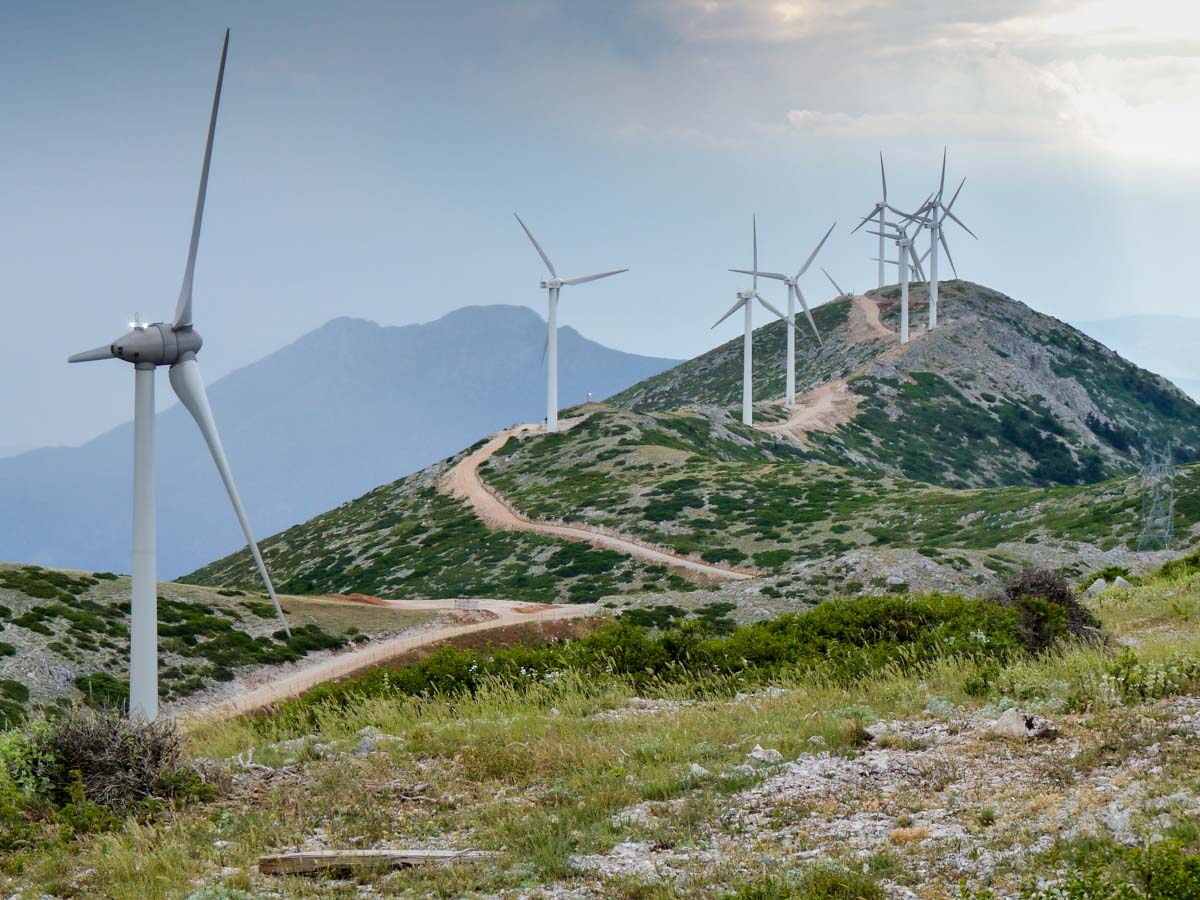
At the time of writing, it is now less than a week until the 11th Celtic Conference in Classics opens in St Andrews. The ‘CCC’ – which has been running at a different institution each year since 1998 – will feature fourteen distinct panels on different topics within classical scholarship. We are extremely excited to be hosting one such panel, on ‘Approaching Landscapes in the Classical Tradition’.
Our call for papers, distributed at the start of the year, resulted in an enthusiastic wave of abstracts from a wide range of perspectives, and our panel will feature contributions from twenty scholars from across both the discipline of classical landscape studies and the world. The remit we have given our speakers is to come prepared to share their own methodological and theoretical toolkits for ‘approaching landscape’ in past contexts.
What do we mean by this? As suggested by one of the earliest posts on this blog, asking ‘What is a mountain?’, the study of landscape is by no means straightforward. A mountain is more than a geomorphological feature: it is also defined and constructed by human cultures, communities, and individuals. The complexity of ‘landscape’, and of human interactions with it, has long been recognised and tackled in disciplines such as geography, anthropology, and sociology.
What we hope is that our panel next week will help to bring together some of the methods and theories particularly appropriate for understanding landscape interactions and depictions in the classical past. How do different scholars within classics define ‘landscape’ (or mountains, or rivers, or forests) within their research? Are there particular theories utilised in other disciplines which might help us to understand landscape better?
Glancing at our schedule, it seems pretty evident that over the course of the CCC a multitude of theories will be brought to bear on a multitude of landscapes. We will be hearing about jungles, trees, rivers, mountains, volcanoes, gardens, caves, and how they relate to concepts such as Foucault’s heterotopia, ecocriticism, liminality, reception. After the conference, we will be distributing a report which we hope will serve as a working guide to the different methodologies proposed, and the potential they might offer to future research on landscape.
